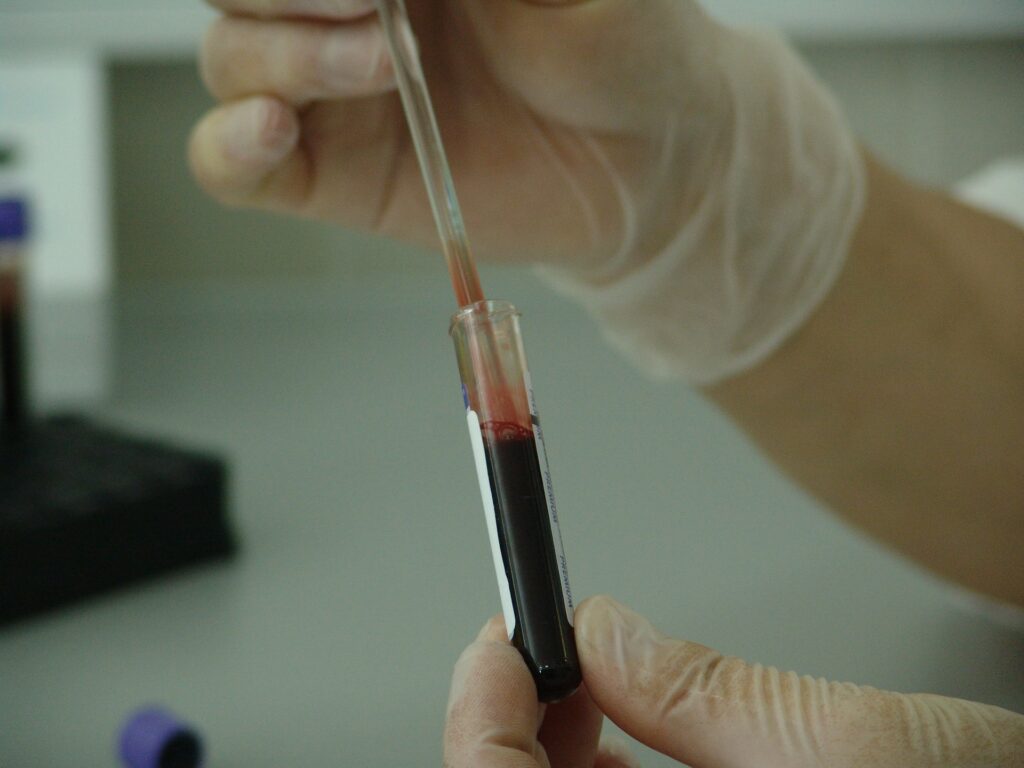
Researchers at Oxford University have found a new variant of the human immunodeficiency virus, called HBV, in the Netherlands, which is estimated to be more contagious and highly virulent.
The study published in the journal Science details that people infected with this new strain showed significant differences before antiretroviral treatment compared to those infected with other HIV variants.
The research suggests that people with the VB variant showed a viral load between 3.5 and 5.5 times higher than with other variants of the Human Immunodeficiency Virus (HIV).
So far, an international team of scientists reported that 109 cases have been detected; 82 percent in the Netherlands, mostly in men who have sex with men.
The BV variant triples or even quintuples the usual amount of virus in the blood, and can trigger Acquired Immune Deficiency Syndrome (AIDS) much more rapidly if left untreated.
The paper notes that people with this strain also showed an increased risk of transmitting the virus to others; however, the good news is that after starting treatment, carriers of the BV variant had similar immune system recovery and survival as people with other strains.
They also emphasized that the BV variant diminishes the immune system more rapidly, so it needs to be diagnosed and treated promptly.
Dr. Chris Wymant, lead author of the research from the University of Oxford's Big Data Institute and the Nuffield Department of Medicine, detailed that HIV affects in very different ways.
In some individuals the virus causes AIDS in just a few months, in others it takes decades.
"Prior to this study, HIV virus genetics were known to be relevant to virulence, implying that the evolution of a new variant could change its impact on health. The discovery of the VB variant demonstrated this, providing a rare example of the risk posed by the evolution of viral virulence," he commented.
Wymant recalled that HIV patients can now live normally thanks to a simple daily antiretroviral treatment pill, which makes the virus undetectable and untransmissible. However, HIV is constantly mutating.
"The worst-case scenario would be the emergence of a variant that combines increased virulence, increased transmissibility and resistance to treatment. The variant we have discovered has only the first two properties," he stressed.
The study highlights that the BV strain has more than 500 mutations, almost 6 percent of the virus genome, making it difficult to determine which changes are responsible for its increased virulence.
One of the possibilities contemplated by the scientific community is that the antiretroviral therapy itself favors the emergence of new, more aggressive versions of HIV, but Wymant rules this out.
"People have nothing to worry about. Finding this variant emphasizes the importance of the recommendations that were already in place: that people at risk for HIV have access to regular testing that allows early diagnosis and immediate treatment," he said.
It is worth noting that the risk of contracting HIV is 35 times higher among those who inject drugs, 34 times higher for trans women, 26 times higher for sex workers of both sexes and 25 times higher in men who have sex with men, according to statistics from the Joint United Nations Program on HIV/AIDS.
You may be interested in: HIV/AIDS, the other pandemic that must not be forgotten


